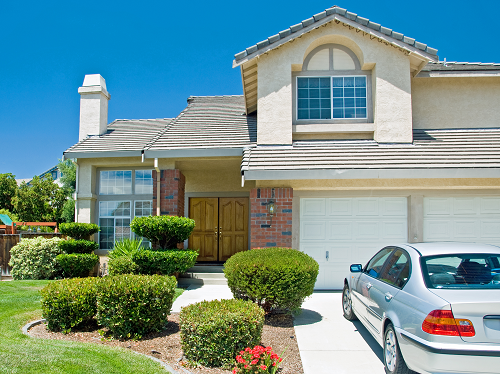A home that you own might stand vacant for long periods for a number of reasons. For example, you might be working in another city for a number of months. Or, perhaps you will stay with relatives as you recover from an operation, and will be away for some time.

Regardless of why your home will be left vacant, you might reach a point where you need to let your home insurer know. Vacant homes are higher insurance risks, and based on the terms of your policy, you might only be able to leave yours empty for a certain time before your policy will cease to offer appropriate limits. Keep a few things in mind when considering the prospect of a vacant home.
How Long Will Home Insurance Cover Vacant Homes?
If you examine your homeowners insurance policy, you will likely see that your plan includes a note about vacant homes.
When you leave a home vacant, it faces higher risks of internal issues, break-ins or other hazards that could damage it because it was unattended. Plus, it also faces another risk posed by squatters, which could happen simply because someone notices your home is empty and then decides to make themselves an uninvited, unwanted guest.
Because of these risks, your insurer might eventually not be able to continue to assume the cost risk. They will often list a time limit, such as 30, 60 or 90 days, where they will allow your home to remain vacant. However, after that time, your coverage might become null.
What Happens if Your Home Is Vacant?
All home insurance plans are different in how they address temporary vacancies, and your agent will be able to help you determine what steps will need to be taken to ensure your benefits remain in place for the duration of your absence. However, in situations where the home will be permanently vacant, but you still own it, then your coverage needs will be different.
For example, if you have moved to a new home, but have not yet sold your old one, then you will need to maintain homeowners insurance on both properties. Or, if an elderly relative has moved to a nursing home, then their home will still require homeowners insurance until the time comes to sell it. Your insurance agent will need to be made aware of these vacancies so that they can provide the requisite coverage that will convert your standard home insurance into a vacant home insurance policy.
Vacant home insurance will continue to cover the uninhabited home in ways that are similar to your standard policy. However, the coverage terms provided by the plan will explicitly address the higher risks faced by an empty property.


